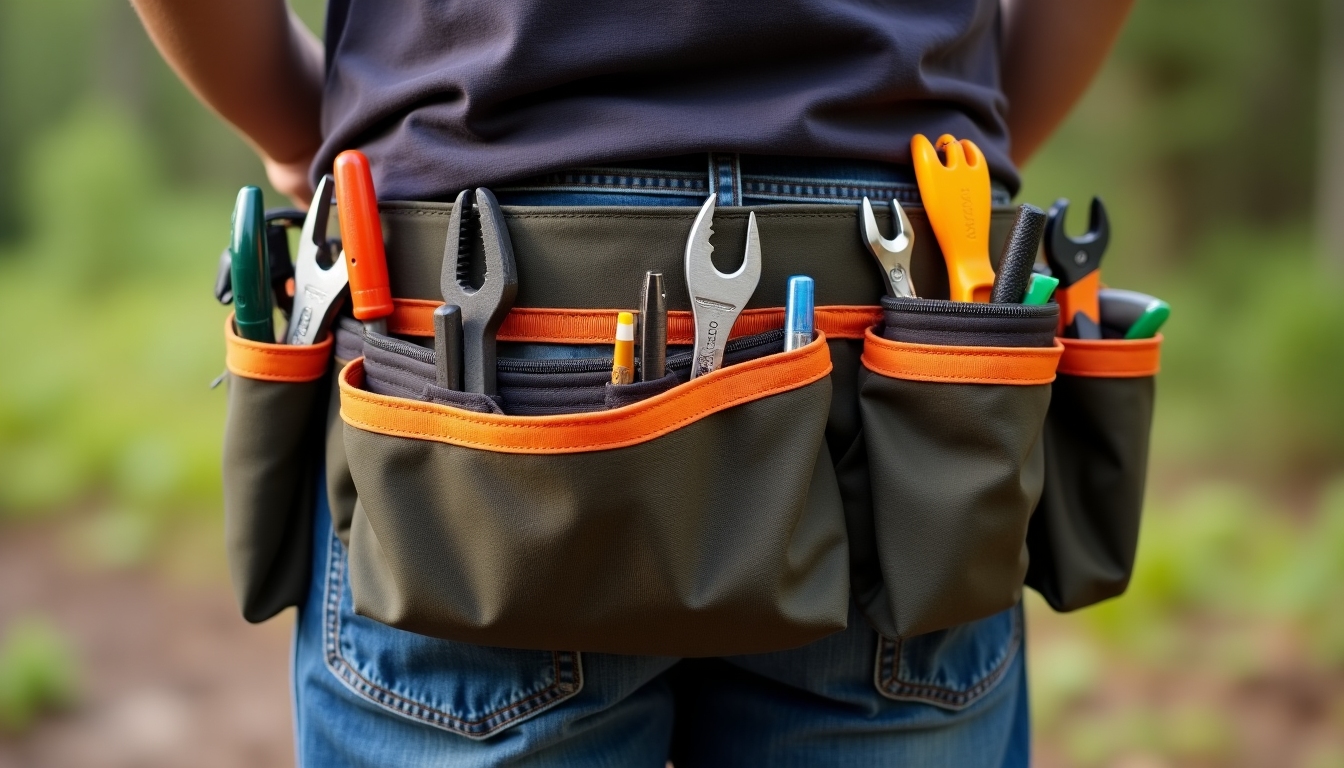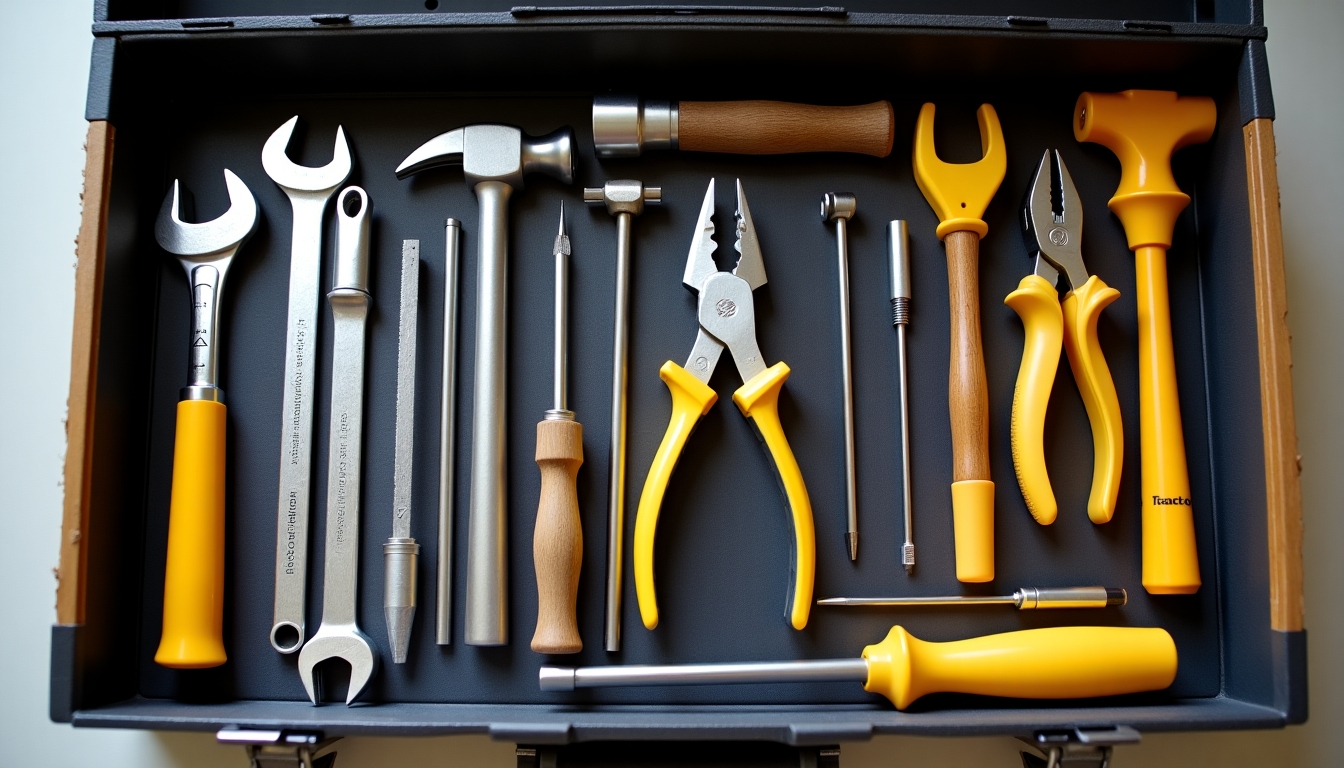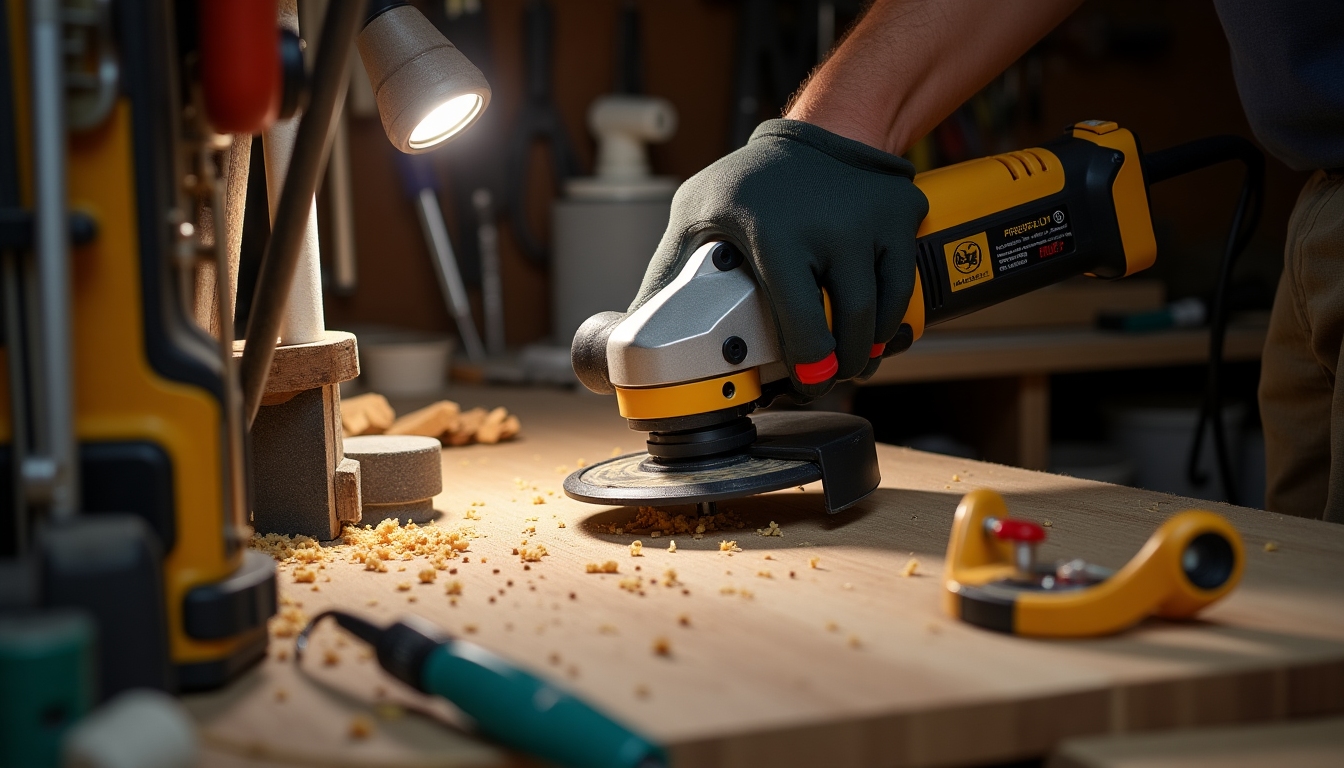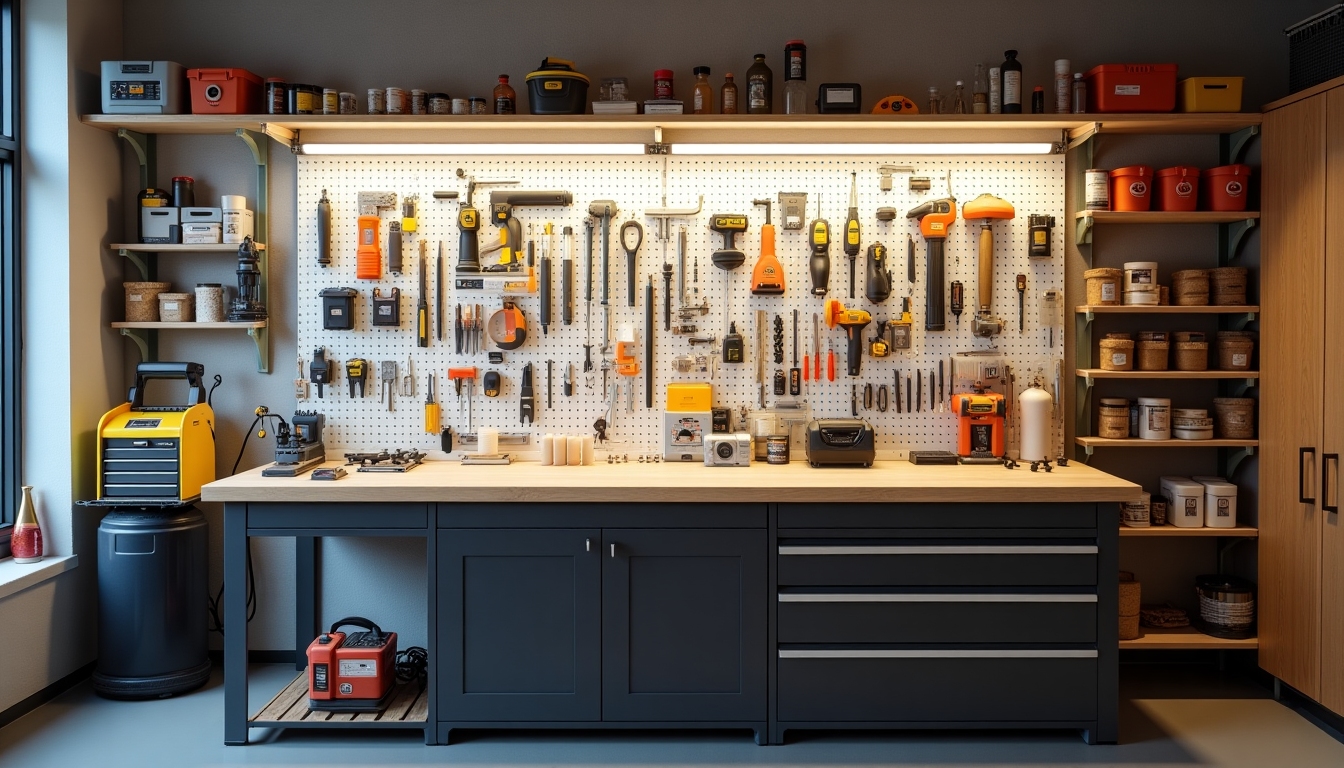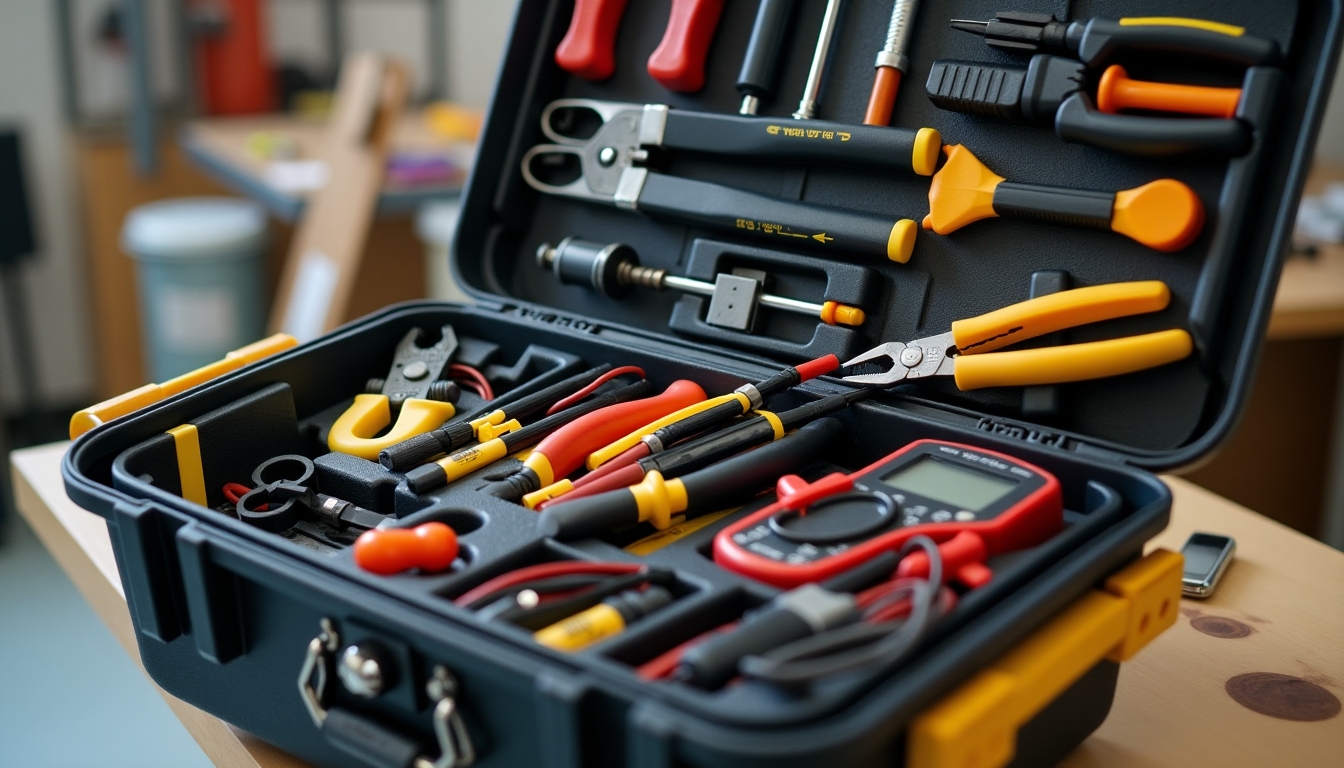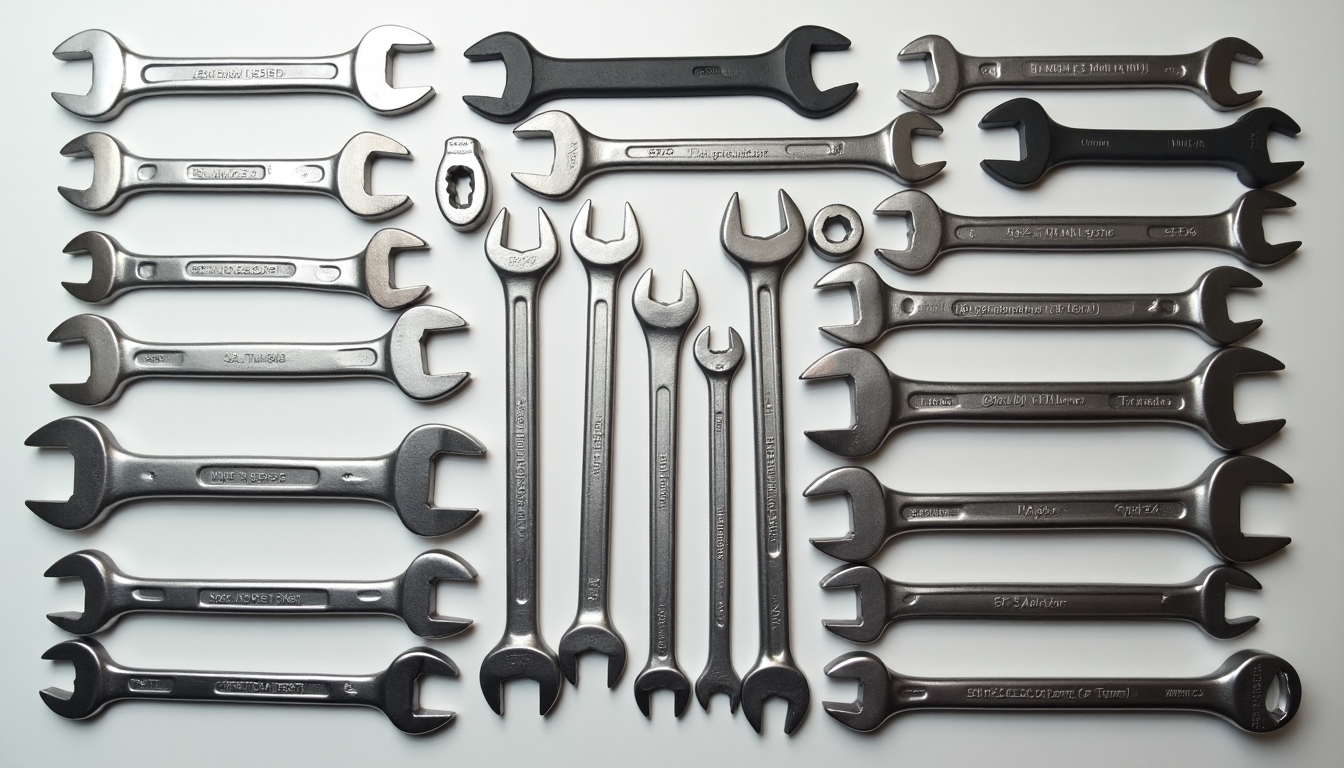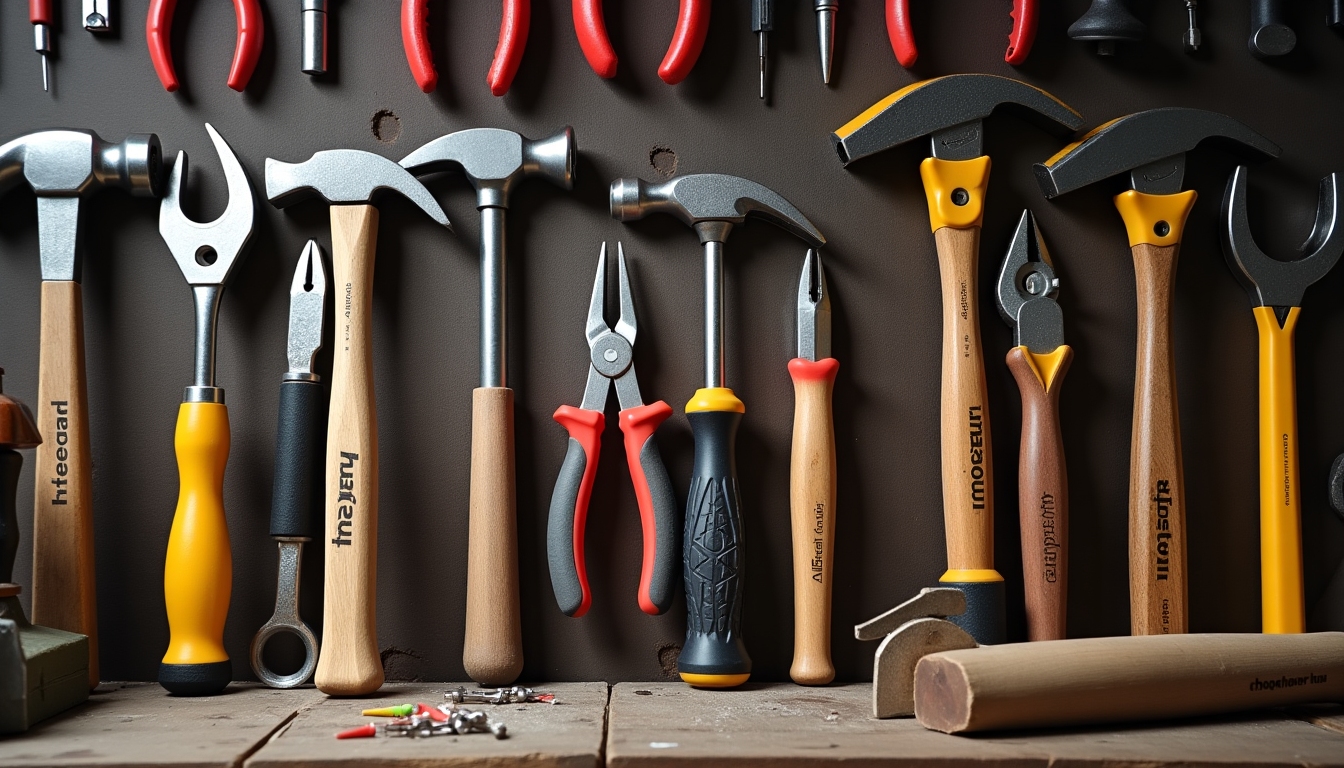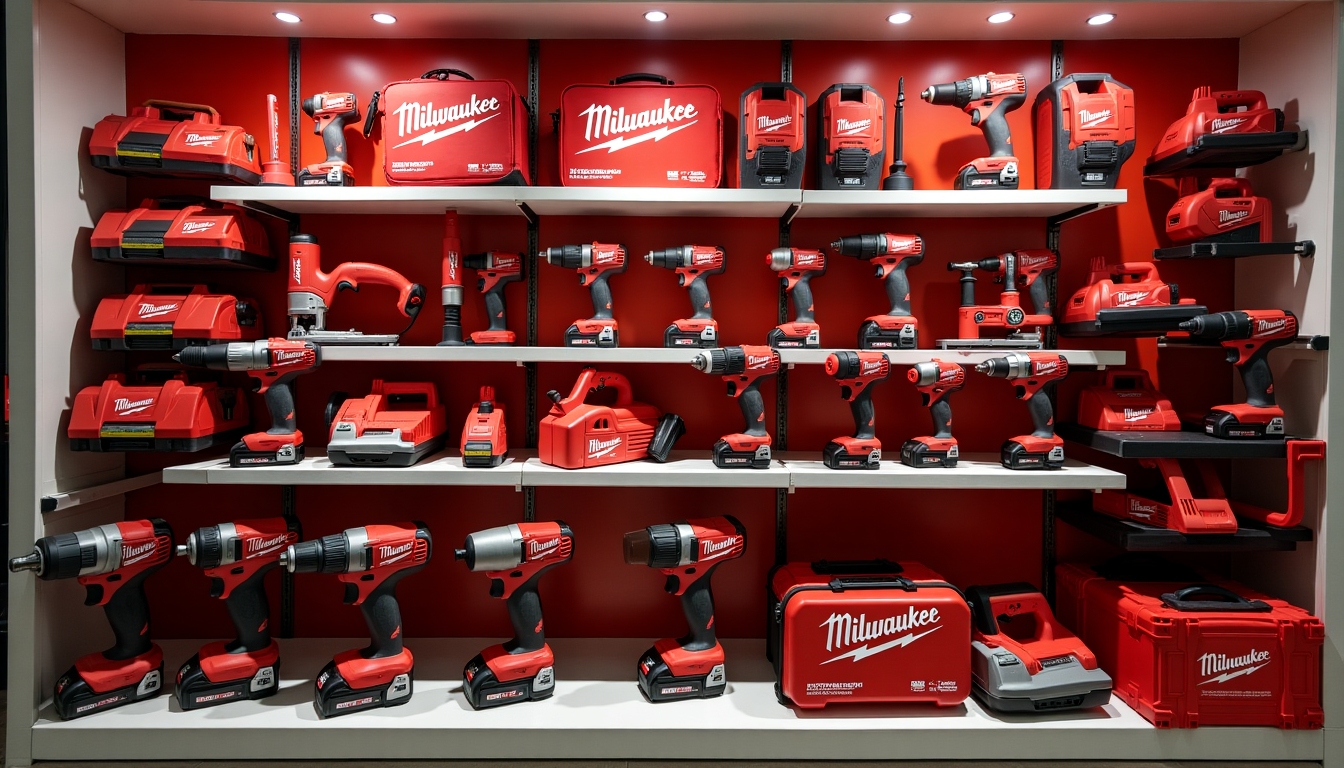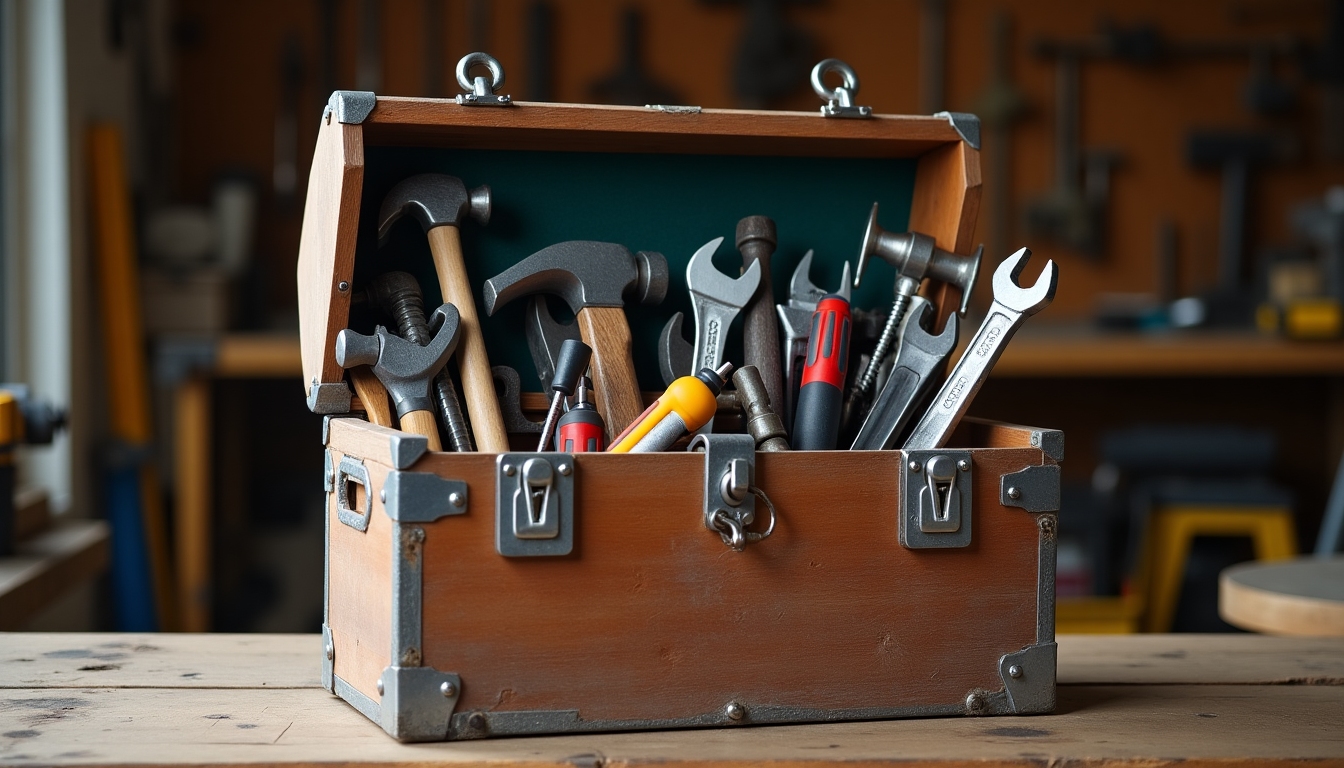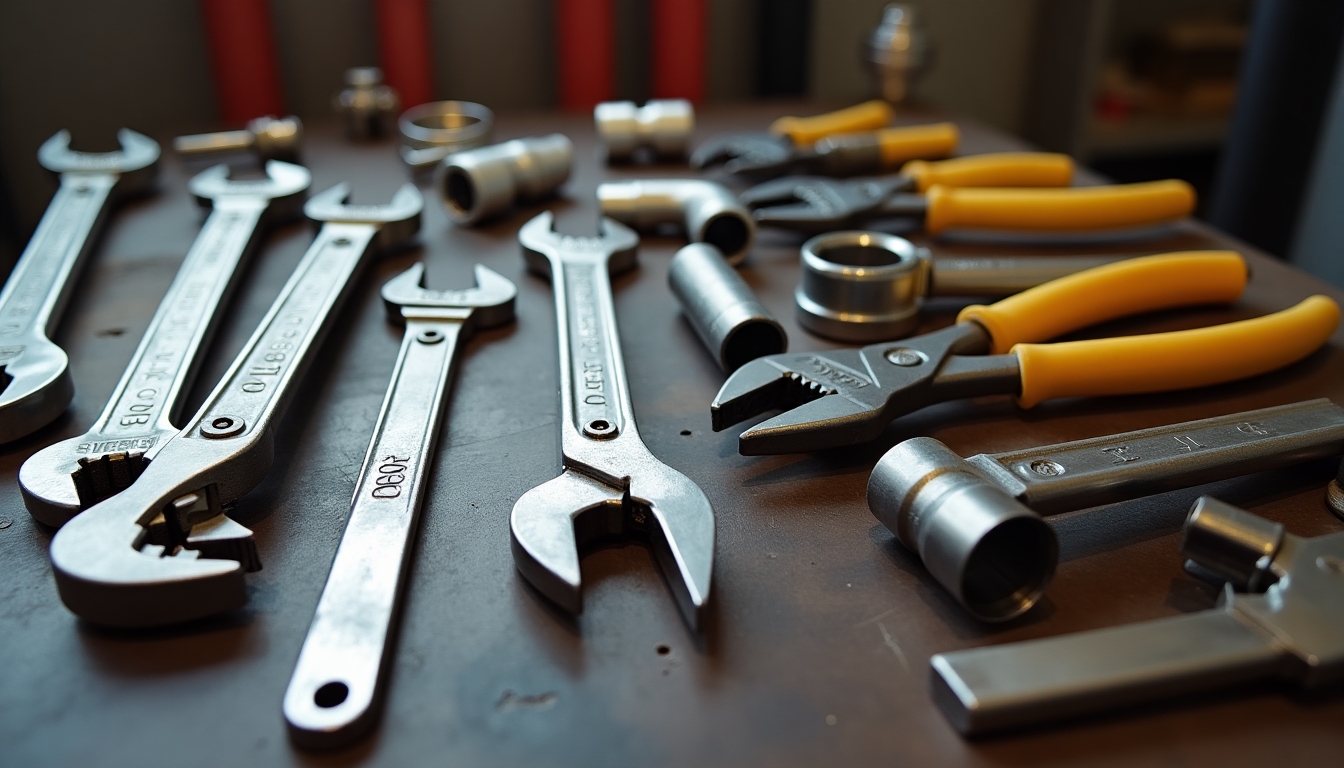Overview
Workman tools for electrical work are essential in ensuring safety and efficiency. This guide explores key tools, practical insights, and buying recommendations, focusing on adaptability for both woodworking and electrical projects.
Essential Tools for Electrical Work
Electrifying your skill set begins with understanding the foundational tools. Each tool serves a unique purpose, enhancing both safety and productivity. Here’s a breakdown of the must-have workman tools for electrical work:
- Voltage Tester - Prevent surprises from unwanted currents.
- Multimeter - For precise readings of various electrical metrics.
- Wire Strippers - Ensures clean and accurate stripping of cables.
- Pliers - From needle-nose to lineman's, choose according to grip and cutting needs.
- Screwdrivers - Insulated screwdrivers protect you when working on electrical tasks.
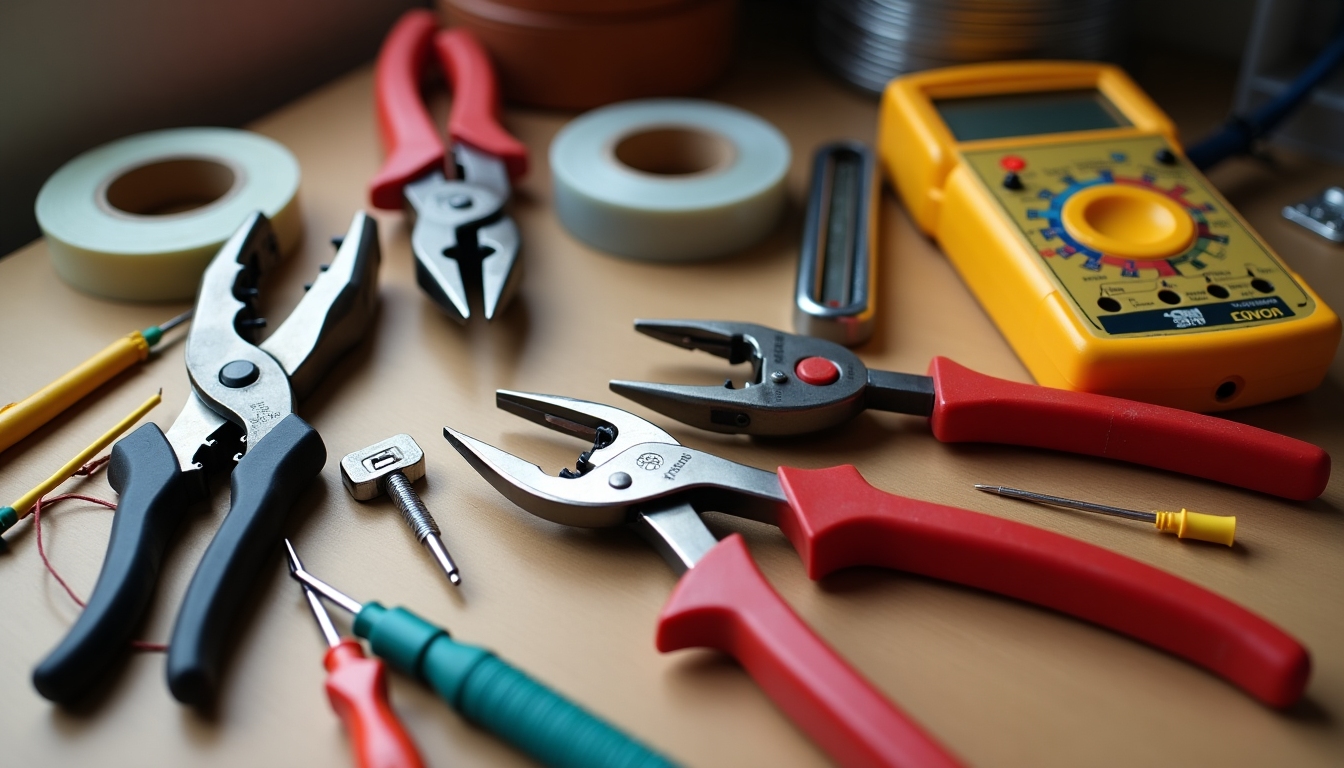
Combining Electrical and Woodworking Tools
Many electrical projects intersect with woodworking, especially in crafting custom solutions. Integrating woodworking tools with your electrical toolkit can expand your capabilities:
- Cordless Drill - Essential for creating mounting points and adjusting fixtures.
- Saw - From jigsaws to circular saws, each caters to different cutting requirements, often necessary when adapting wood for electrical components.
- Measuring Tape - Accuracy in measurements is crucial when your projects involve carpentry.
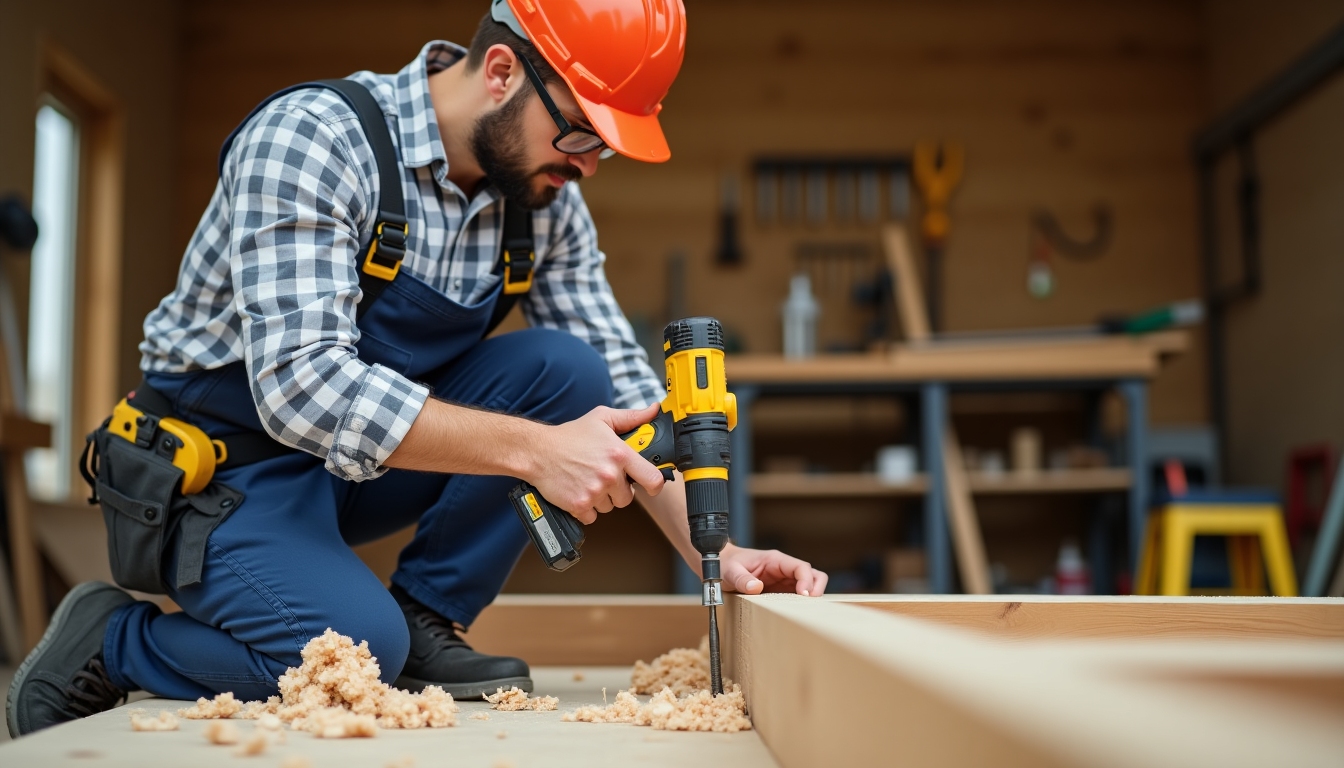
Choosing the Right Tools
When selecting tools, prioritize quality and long-term durability. Investing in recognized brands assures reliability and safety, ensuring your tools won’t let you down during critical tasks.
Tips for Choosing Tools
- Ergonomics - Tools should be comfortable to handle for long periods.
- Safety Features - Look for features like insulated handles on electrical tools.
- Compatibility - Ensure tools complement each other, especially when switching between woodworking and electrical tasks.
The right tools not only enhance your efficiency but also safeguard you during potentially hazardous work.
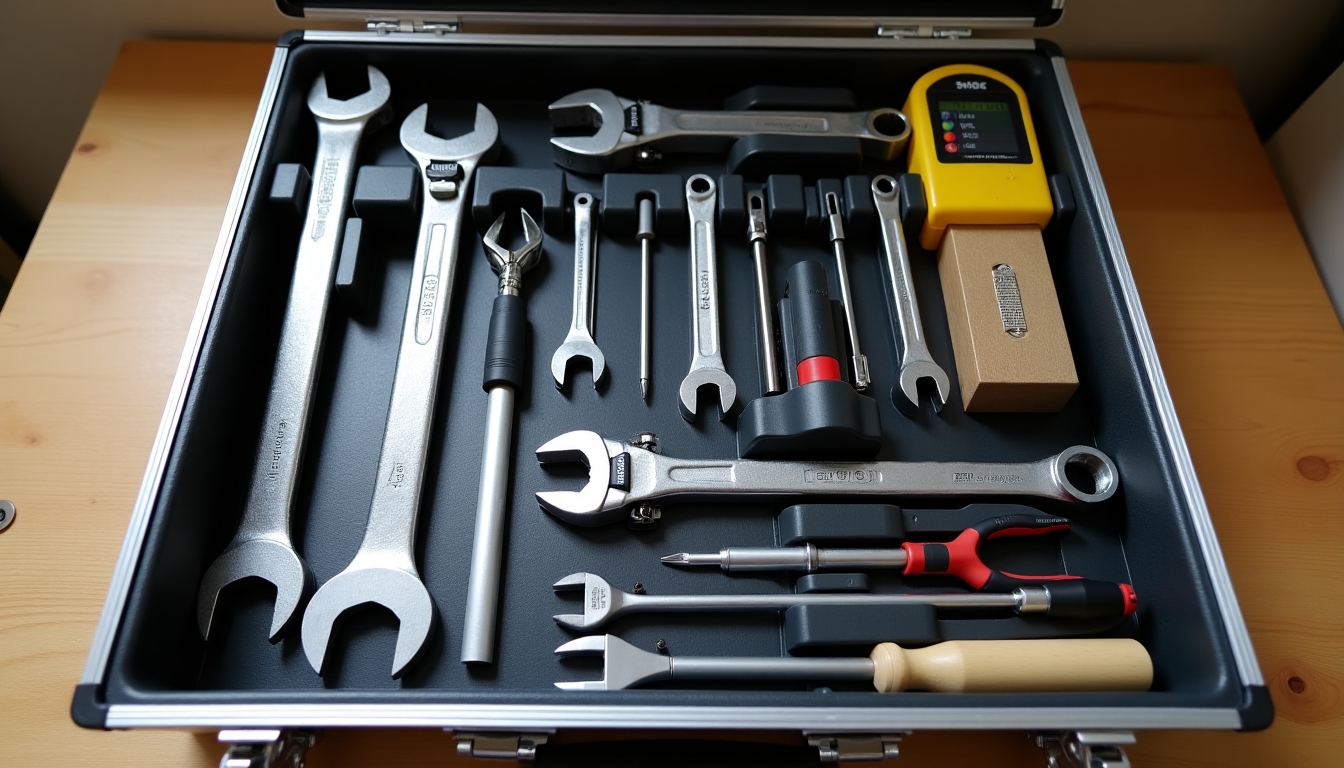
Personal Insights and Recommendations
From my years of experience in the field, I've learned that patience and precision are the keys to mastering electrical work. A trusted multimeter can make all the difference, particularly in diagnostics and repairs. When combined with woodworking tools, your skills truly become versatile.
Valuable Insight: Always Have a Backup
Having a spare set of crucial tools, like wire cutters, can save the day when unexpected mishaps occur. I remember a scenario where my primary set malfunctioned mid-task, and having that backup prevented a significant delay.

Final Thoughts
Embracing a comprehensive toolkit tailored to both electrical and woodworking applications enhances your effectiveness in tackling diverse projects. Prioritize quality and aligned functionalities to overcome challenges confidently.
Related workman tools for electrical work:
- Must-Have Tools in a Painter's Toolkit
- Tool Belts with Customizable Pockets: Enhance Your Workflow
- Essential Maintenance Tips for Workman Tools
- Master Oscillating Tools for Tight Spaces: A Comprehensive Guide
- Exploring Ergonomic Workman Tools for Today's Craftsmen
- Essential Workman Tools for Electricians and Plumbers
- How to Choose the Right Wrench Size
- High-Quality Workman Tools: A Professional's Guide
- A Guide to Popular Brands for Workman Tools
- Essential Workman Tool Maintenance Tips
- Top-Ranking Guide on Tool Belts for Construction Workers
- Guide to Plumbing Tools: Essential Workman Tools for Every Project

